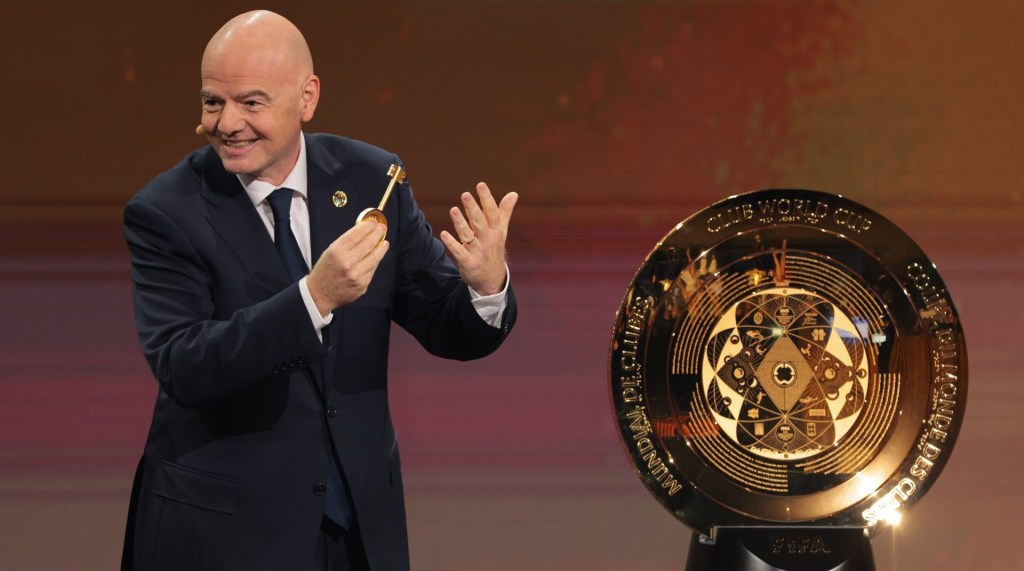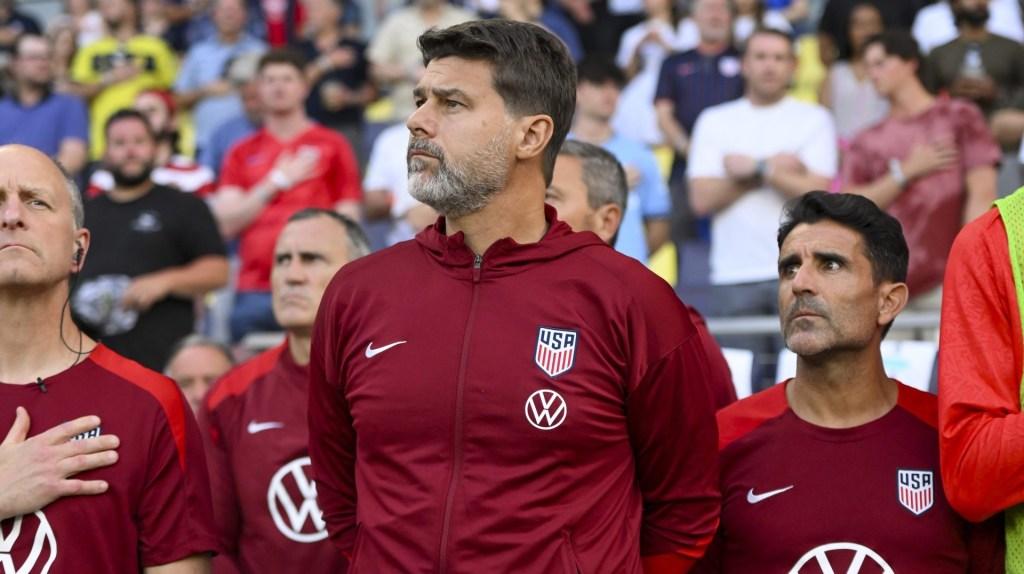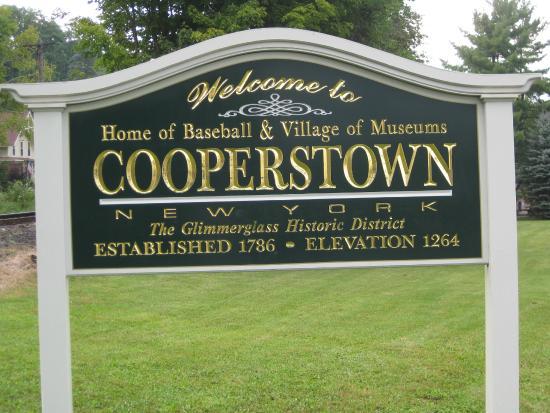
Lemme in Coach! (Credit: SportingNews.com)
Hall of Fame, Fortune, Flaws and All
Filling the January lull between free agent signings and actual games on the field, Major League Baseball annually releases their Hall of Fame voting results, celebrating those that will be making it into Cooperstown that July. As with anything in sports, of course, this inspires vociferous debate.
Who belongs in baseball’s Hallowed Hall; whose election would water it down or denigrate the game?
Over the years, the Baseball Writer’s Association of America tasked with voting has morphed the process into what has become an almost philosophical question, or morality “litmus test” for followers of the game. How do you deal with the players suspected of doing steroids, even if it’s only hearsay? And the ones like Barry Bonds or Roger Clemens, who have much stronger ties?
What about the “numbers of the game?” If cheaters bastardized the sports’ most celebrated statistics, should the “clean” players have their stats adjusted accordingly? Essentially, writers are left to sift through all the noise and innuendo; to determine what is “real” and what it means.
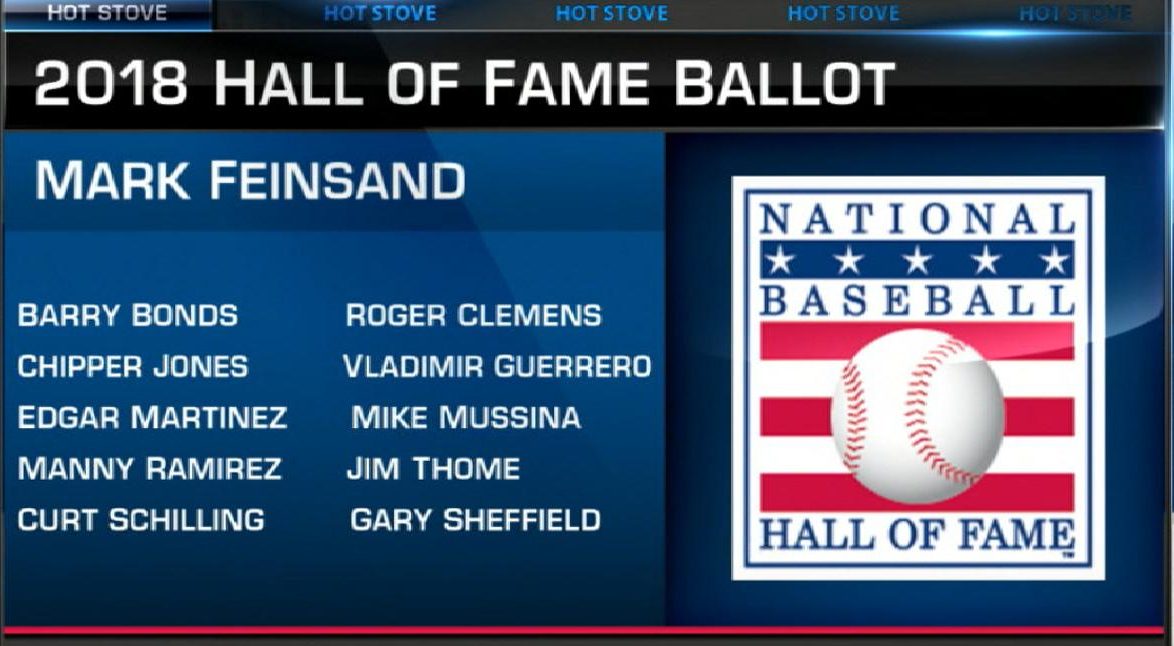
Who Ya Got? (Credit: MLB.com)
Laced into all that is the danger of fixation on a tradition that fails to take into account the evolution of the game. Benchmarks have been changed, roles like Designated Hitter and Relief Pitcher have become more specialized, yet that’s not necessarily considered when assessing a player like Edgar Martinez’s candidacy.
Essentially, what’s left is a broken voting system that positions the baseball writers at the center of the story. With no clear standards or guidelines from the Hall, former players are left at the mercy of the BBWAA, with their arguments and value judgments determining who gets awarded one of the highest honors in the game.
That’s all well and good, yet this entire conversation trivializes what is a very real issue for many of the former players from the MLB: the Hall of Fame is a business, entrance into which has very real financial implications for veterans on the ballot.
Being named a Hall of Famers is obviously enormously meaningful, and a great honor for players and their families that has all sorts of pride and emotion attached. Yet beyond that- and perhaps more importantly- how candidates fare in the voting has a direct impact financially! The Wall Street Journal ran a feature years ago about the museum in Cooperstown (HoF) with an emphasis on the reality that more than just honor, baseball nostalgia has become a MULTI-BILLION DOLLAR INDUSTRY!
Membership or exclusion from the Hall has a real-life impact on what players are able to do and earn after retiring from the game. After their careers on the field, athletes turn to their reputation to make money. They sign autographs & memorabilia, give speeches, make public appearances, and solicit product endorsements- all of which are enhanced and in much higher demand simply by being able to say “from the Hall of Fame.” That credential alone merits higher fees, attracts bigger clients, and works wonders for a players’ post-career profitability.
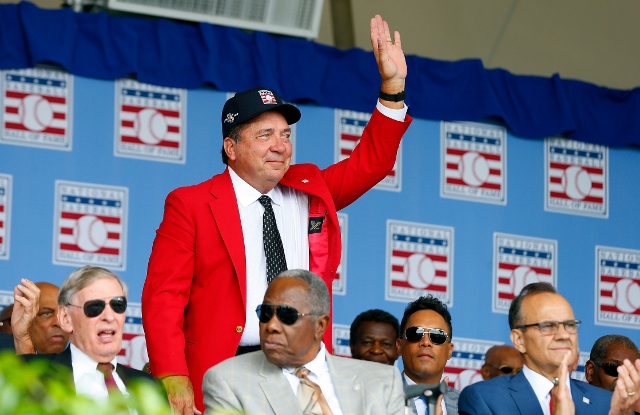
Heroes of the Game (Credit: SportingNews.com)
Memorabilia and Clean Sweep Auctions owner Steve Verkman put it rather bluntly with his declaration that, “Adding Hall of Fame after a signature is the single best predictor of price,” and one player’s agent mentioned, “his {player’s} price just tripled” for appearances and speaking engagements on the day he was elected into the Hall of Fame.
Verkman and the agent go on to describe adding that “HoF” credential as a steady source of income; likening it to a “rock-solid annuity” that players may not receive otherwise. More than just a plaque or award, membership to the Hall is a valuable asset for athletes after their career.
Something so significant to these former players and their families should be dealt with thoughtfully and deliberately. Instead, we’re left with a broken voting system and fixation on an obsequious debate. Candidates are judged with a moving target, as baseball writers responsible for the voting are left without any clear standards or guidelines. So, how do we fix it? Well, personally, I base it on the Potter Stewart “I know it when I see it,” standard; however that’s the luxury of not having a vote.
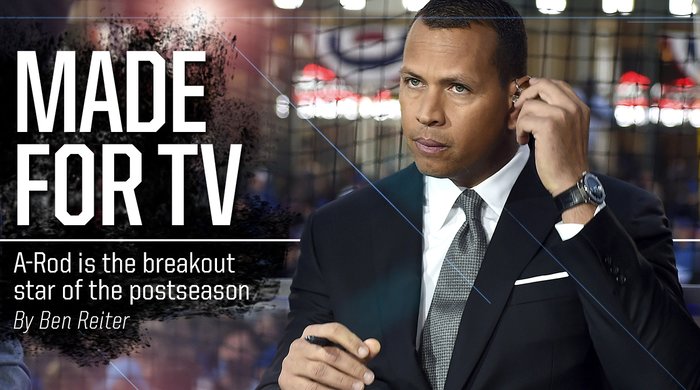
Unlikely Postseason MVP (Credit: Si.com/mlb)
**Speaking of the Hall of Fame, steroids, and players that may have become persona non grata to the MLB (Pete Rose, Curt Schilling, Barry Bonds, etc…) look at the Alex Rodriguez Revival! A-Rod went “scorched earth” against the sport years ago when he was suspended, and became reviled by the fans. Now, in addition to doing an excellent job on Fox’s MLB Playoff coverage, he’s being added to ESPN’s Sunday Night Baseball team, with an uncanny symmetry. Here we go again- just like in 2004- with A-Rod filling a void left by Aaron Boone’s vacancy. Up next…Manager of the New York Yankees 2019…?







